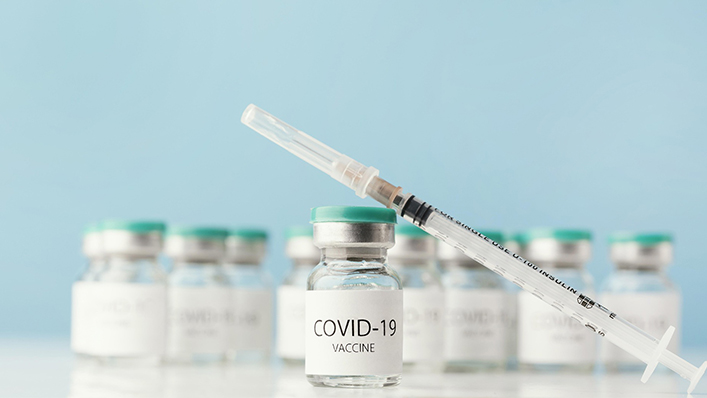
The session was organized at the request of LDC members who expressed an interest in sharing their perspectives on trade in COVID-19 essential goods during the informal consultations the Committee held on 9 February.
Bangladesh, Cambodia, Lao People’s Democratic Republic, Lesotho, Myanmar, Niger, Togo and Zambia shared their practices and experiences on trade in COVID-19 related goods. Other speakers from developing and least-developed countries also took the floor. They noted that the pandemic severely impacted LDCs, particularly as a result of disruptions in global supply chains of essential goods and their heavy dependency on imports of food and health-related items.
The pandemic affected LDCs’ trade not only by slowing down trade across borders and changing patterns in trade in services but also by disrupting administrative processes and access to finance.
LDC representatives highlighted the need to enhance global dialogue and cooperation when it comes to emergencies and in areas of relevance to digitalization, development and access to finance. Regarding imposing trade restrictions at times of crisis, they reinforced the message that such measures should be targeted, proportionate and temporary, and that special consideration and flexibility should be extended to LDCs not only to help them deal with the crisis but also recover from the crisis.
LDCs recognised that timely information-sharing on trade measures among members is vital and that the WTO plays a key role in supporting LDCs and other members in being better prepared for the next pandemic.
Reflecting on how international cooperation and the WTO can help in the future, speakers outlined a series of proposals. These included expanding cooperation between members, international organizations, industries and civil society to better respond to emergencies, crises and natural disasters. They also proposed establishing a funding mechanism to address emerging crises, strengthening preparedness, fostering innovation and timely, equitable access to health products, and sharing patent rights and production technologies with LDCs.
The session also focused on members’ reflections on all of the experience-sharing sessions, which underlined four common needs: improving dialogue between members, strengthening collaboration with international organizations, promoting transparency, and enhancing domestic processes. The United Kingdom shared with the Committee its efforts to already translate into action some of the lessons learned throughout the exercise.
The Chair of the Committee, Kenya Uehara of Japan, welcomed the active engagement by members, including LDCs, whose participation has enriched the Committee discussions on COVID-19, he said. He encouraged all members to continue sharing with the Committee information on actions taken.
Mr Uehara noted that “this is a continuous process from which we can all learn something new that can be applied in the case of future crises, and if members are interested to share additional contributions, they shall be free to do it in whatever form they consider useful.”
Background
The experience-sharing session followed on from five previous sessions organized by the Committee on Market Access. The first session on 4 March 2022 addressed two main topics: the definition of lists of essential goods to fight the pandemic and challenges related to tariff classification.
In the second session on 26 April, members reported on how they have monitored and measured trade in essential goods to combat the pandemic and discussed ways to improve data collection at a time of crisis.
The third session on 18 July provided members the opportunity to share their practices on measures aimed at easing trade in COVID-19 goods under the purview of the Committee including in relation to tariff suspensions, reductions or eliminations.
In the fourth session on 16 September, members engaged in an open discussion aimed at better understanding their respective experience and practices with respect to export restrictions during the pandemic as well as lessons learned on how to better prepare the international trade community for future crises.
The fifth session on 21 November focused on the main lessons learned from the COVID-19 pandemic and was preceded by a special session with external stakeholders who shared their insights into the different responses to the pandemic.
The WTO Secretariat will update the document on lessons learned to incorporate inputs from the sixth session. The previous summaries can be found here.
Share
Reach us to explore global export and import deals